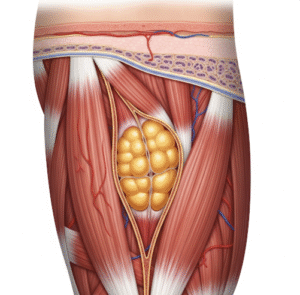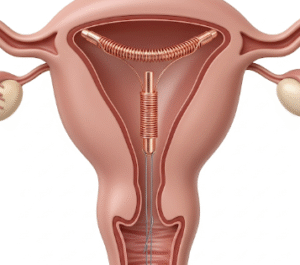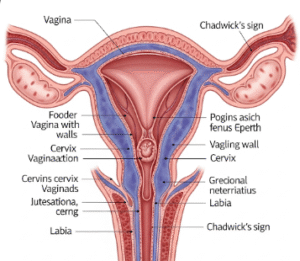Overview
Cervical cancer is a malignant tumor originating from the cells of the cervix, often associated with persistent infection by high-risk human papillomavirus (HPV). Early detection significantly improves prognosis. In Korea, specialized gynecologic oncology centers provide screening, vaccination, surgical, and advanced treatment options for cervical cancer patients.
Symptoms
- Abnormal vaginal bleeding (between periods, after intercourse, or post-menopause)
- Unusual vaginal discharge, sometimes with a foul odor
- Pelvic pain or discomfort
- Pain during intercourse
- Urinary or bowel changes in advanced stages
- Often asymptomatic in early stages, highlighting the importance of screening
Causes
- Persistent infection with high-risk HPV types (16, 18, etc.)
- Smoking, which increases cervical cancer risk
- Immunosuppression (e.g., HIV infection)
- Long-term use of oral contraceptives
- Multiple sexual partners or early sexual activity
Risk Factors
- HPV infection
- Age between 30–50 years (most common)
- Family history of cervical or other gynecologic cancers
- Smoking and alcohol consumption
- Immunocompromised status
- Lack of regular cervical cancer screening
Diagnosis
In Korea, cervical cancer is diagnosed using:
- Pap smear (cytology) for early detection of precancerous changes
- HPV DNA testing to identify high-risk virus types
- Colposcopy for detailed examination of the cervix
- Biopsy to confirm malignancy
- Imaging studies (MRI, CT, PET-CT) for staging and evaluating tumor spread
Prevention
- HPV vaccination, widely available in Korea and included in national immunization programs
- Regular cervical cancer screening (Pap smear and HPV test)
- Safe sexual practices
- Smoking cessation
- Routine gynecological check-ups for early detection
Treatment Options in Korea
- Surgical Treatment
- Conization for early-stage precancerous lesions
- Hysterectomy (simple or radical) depending on cancer stage
- Minimally invasive surgeries including laparoscopic and robotic-assisted procedures
- Radiation Therapy
- External beam radiotherapy and/or brachytherapy
- Often combined with chemotherapy for advanced stages
- Chemotherapy
- Used for advanced or recurrent cervical cancer
- Often combined with radiation (chemoradiation)
- Targeted and Immunotherapy
- Available for selected advanced cases based on tumor characteristics
- Follow-Up and Supportive Care
- Regular monitoring for recurrence and complications
- Psychological support, nutritional counseling, and rehabilitation services













